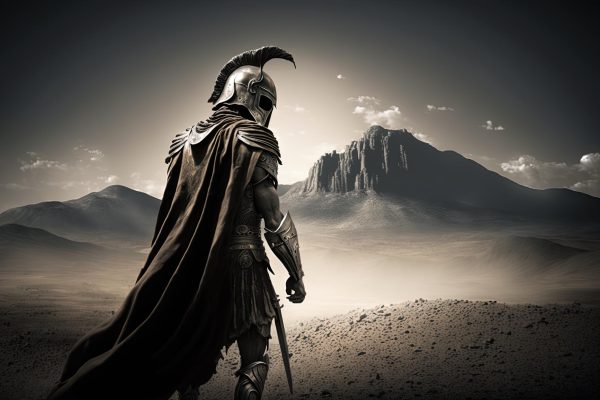African leaders’ greed breeds trouble
The West African nation of Burkina Faso grabbed rare international headlines this week as thousands of people amassed in its capital, Ouagadougou, to protest plans to keep their longtime leader in office.
After days of unrest that included setting Parliament ablaze, overrunning state TV broadcasters and deadly clashes with security forces, President Blaise Compaoré stepped down Oct. 31 after 27 years in power. Compaoré seized power when President Thomas Sankara and 12 other officials were killed in mysterious circumstances by a group of soldiers.
He subsequently won four presidential elections, most recently in November 2010, this latest term was supposed to be Compaoré’s last but Parliament was considering a bill this week to remove the constitutional limit, which ignited the masses.
If President Blaise had been allowed to stay in office that would have sent a message to the old club of African leaders that they can do whatever they want. Yes, he’s an ally of the West but an alliance with the people is sustainable and more worthy than an alliance with a dictator.
This is the place to re-affirm President Lincoln’s Gettysburg speech. Lincoln said, “A government of the people for the people and by the people shall never perish on the face of the earth”.
Whoever is democratically elected will continue our common struggles against terrorism, extremism and intolerance and uphold our common struggles for peace, stability, development and shared prosperity.
President Blaise Compaoré is not the only African president to have over stayed his welcome. Compared to President Yoweri Museveni of Uganda – who has served for 28 years – Compaoré is less than one year behind him. In other words, it is high time Museveni gets advice not to think about the fourth term of office in 2016, or else he may not also have the luxury of packing his bags to leave State House.
President Robert Mugabe of Zimbabwe, now at the age of 90, has been in power for over 30 years. The Mugabe administration has been criticized around the world for corruption, suppression of political opposition, mishandling of land reform, economic mismanagement and the deteriorating human rights situation in Zimbabwe.
His counterpart, President Jose Eduardo dos Santos of Angola, has been in power since 1979. Others include President Teodoro Obiang Nguema of Equatorial Guinea who has governed the country since 1979; President Paul Biya of Cameroon since 1982; and Omar al-Bashir President of Sudan, who’s been in power for 25 years, is considered one of the architects of the genocide in Darfur and fueling the civil war in Sudan that raged for more than 20 years and killed over two million people.
Africa is a continent that is infamous for repressive dictatorships. Most countries in Africa remain in crushing poverty, with little or no access to decent healthcare or education. Opposition to the status quo, meanwhile, is virtually non-existent. Torture and intimidation of the government’s critics is common place, while any attempts to organise outside official government channels are crushed.
You will agree with me that democracy in Africa is laughable. The presumption that everyone is equal in the eyes of the law or has an equal voice in the governing of their country is equivalent to turning a blind eye to the realities of our continent.
We are, therefore, left with the question of how to improve the state of governance in Africa. Any solution will have to be an African solution that is organic and specific to African states.
Your donation will support the student journalists of Park University. Your contribution will allow us to cover our annual website hosting costs, freeing up other funds for equipment, printing and training.



